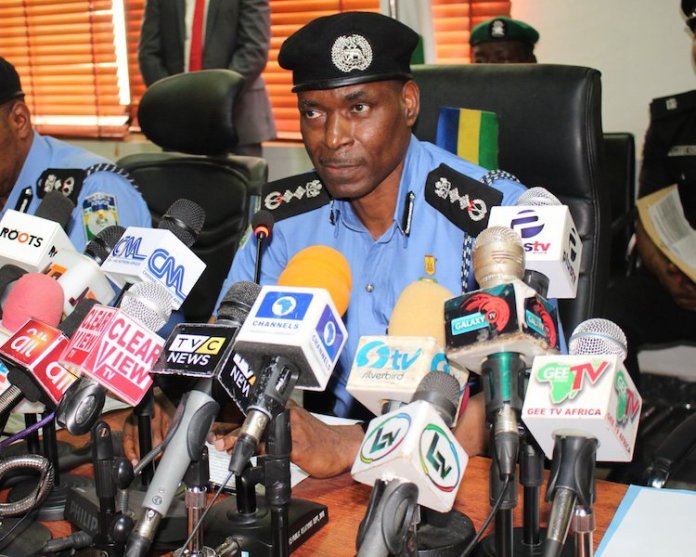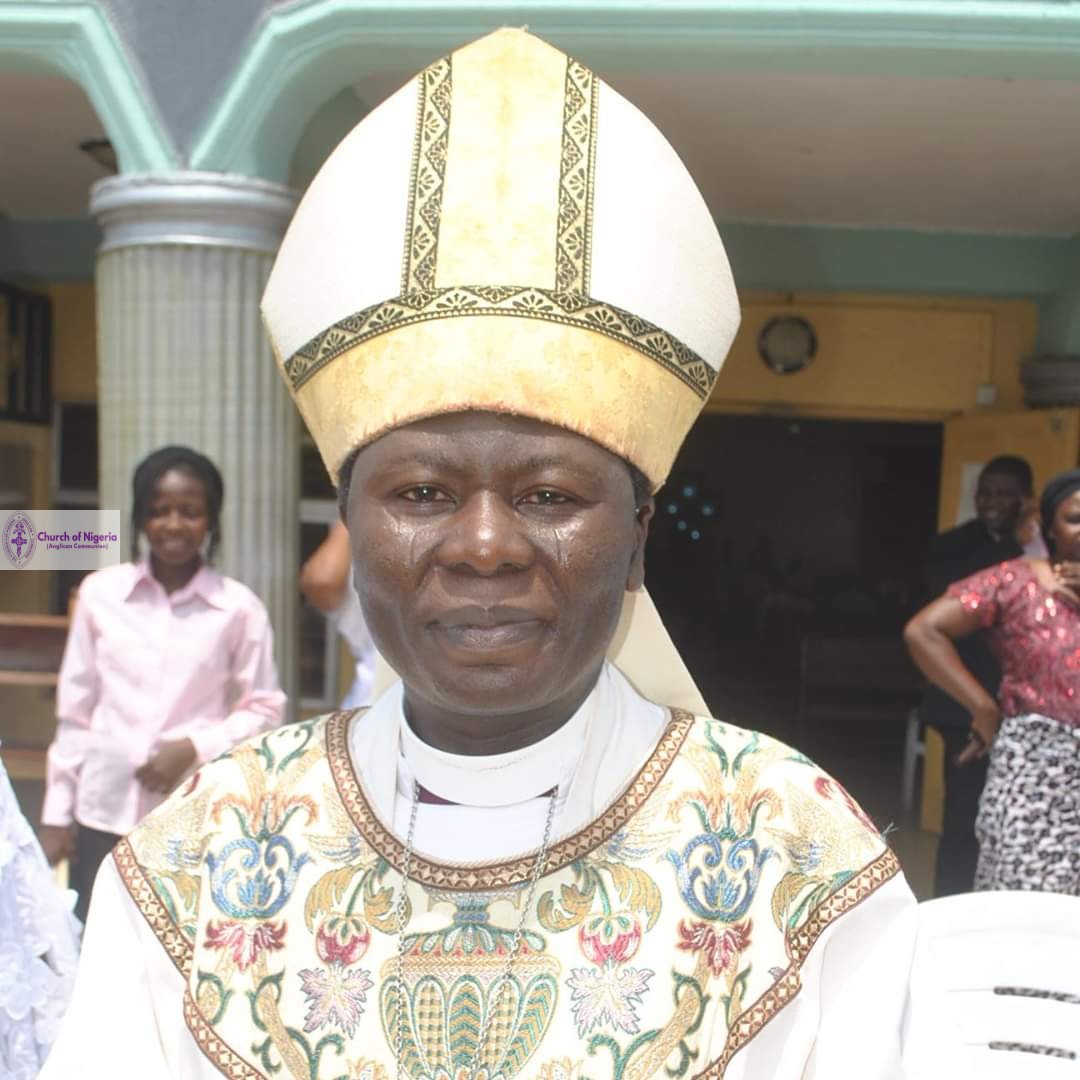Vice Presidential Candidate of the Peoples Democratic Party (PDP) in the 2019 elections, Peter Obi, has called on Christian leaders to resist the seductions of “prosperity gospel devoid of hardwork,” which, he said, has gradually turned the nation to a religious economy.
He urged them to rather spread the gospel that promotes good values in society. Obi made this call at All Saints Cathedral, Onitsha during the recent opening ceremony of the Standing Committee Meeting of the Church of Nigeria, Anglican Communion.
About 1,000 delegates, including the primate, archbishops, bishops, chancellors and laity from across the country graced the event.
“We have gradually turned to a religious economy, rather than productive economy. Go to different churches today, you hear things like ‘receive your car keys’! You then see people, who should be more concerned about contributing to a more productive economy, falling for such distractions. Let the church rise up and spread the true gospel of hardwork, diligence and honesty,” Obi appealed. He urged everyone to continue to preach hardwork and discipline for societal growth and development.
In his address, Primate of Church of Nigeria, Anglican Communion, Henry Ndukuba, announced that the Church was aiming at raising N5 billion for Mission Trust Fund spanning up to five years.
Obi stated that the church could find some well-to-do Christians, who would be willing to support her missionary work. According to him, only 500 donors willing to give 10 million each are needed to hit the N5 billion target in no distant time.
“I will support the missionary work here with N10 million. And let me announce that I have about 10 people who are willing to also support the Church with N10 million each. So right now, we only need extra 489 people who can donate N10 million to help us hit the N5 billion target,” Obi stated.
Restating his membership of Mbamili Anglican Diocese, Obi said he would always support the growth of the diocese as a full member. He said he decided to join the diocese when he was the governor of Anambra State, because the diocese was domiciled within the poorest area of the state and thus needed all the help they could get.
guardian.ng









